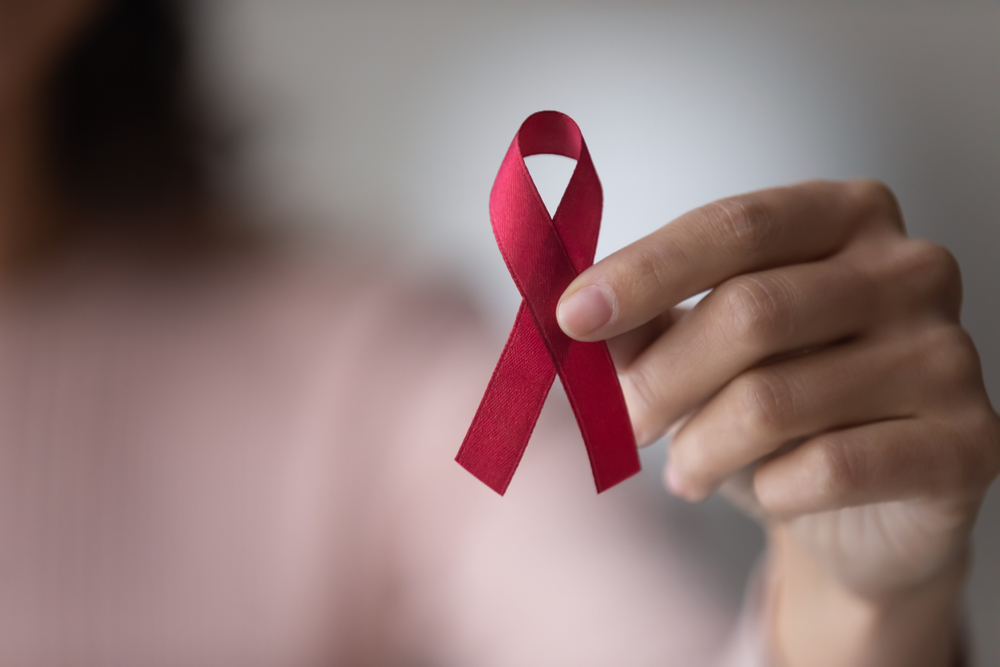Human Immunodeficiency Virus (HIV) is a virus that attacks the immune system, specifically the CD4 cells, also known as T cells. If left untreated, HIV can lead to acquired immunodeficiency syndrome (AIDS).

How is HIV transmitted?
HIV can be transmitted through:
-
- Unprotected sexual intercourse (vaginal, anal, or oral) with an infected person.
-
- Sharing needles, syringes, or other drug paraphernalia with someone who is infected.
-
- From an infected mother to her child during childbirth or breastfeeding.
-
- Rarely, through transfusions of infected blood or organ transplantation.
Symptoms of HIV
Some people experience flu-like symptoms within 2-4 weeks after contracting HIV. Common symptoms include:
-
- Fever and chills
-
- Swollen lymph nodes
-
- Sore throat
-
- Body rash
-
- Headache
-
- Muscle and joint pain
Prevention of HIV
To prevent HIV transmission, it is important to:
-
- Practice safe sex by using condoms consistently and correctly.
-
- Avoid sharing needles or drug equipment.
-
- Get tested and know your partner’s HIV status.
-
- Get circumcised, as studies have shown it can lower the risk of HIV transmission for men.
Diagnosis and Treatment
HIV can be diagnosed through blood or saliva tests that detect the presence of antibodies. There is no cure for HIV, but there are effective antiretroviral treatments available that can control the virus and prevent its progression to AIDS.
Living with HIV
With proper medical care and support, people with HIV can live long and healthy lives. It is important to take prescribed medications consistently, maintain a healthy lifestyle, and seek emotional support to cope with the challenges of living with HIV.
Conclusion
HIV is a serious viral infection that affects millions of people worldwide. Understanding how it is transmitted, its symptoms, prevention methods, and available treatments is crucial for the well-being of individuals and communities. Educating oneself and raising awareness about HIV is an important step towards eradicating the virus and supporting those affected by it.